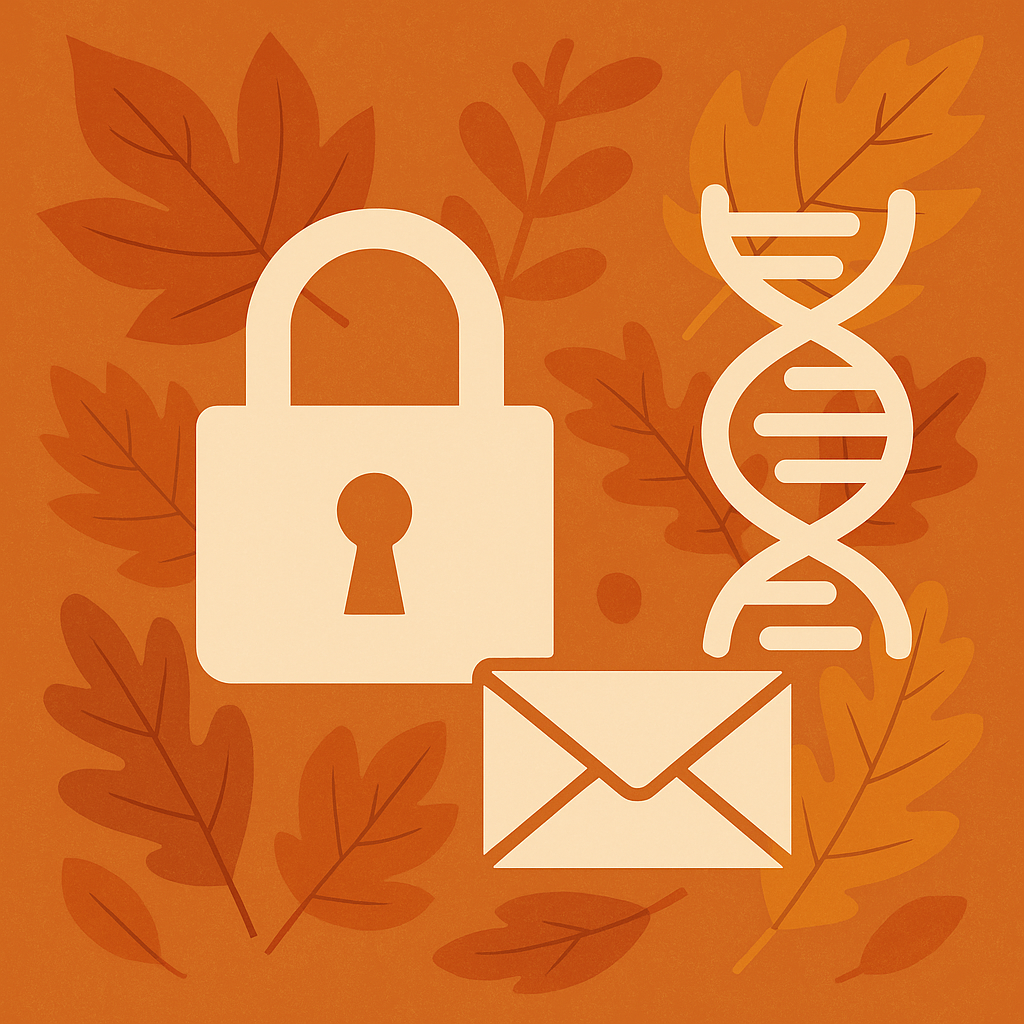Data Protection Solutions For Life Sciences - Newsletter #30

Latest Newsletter

Newsletter #26
This month’s highlights span AI in health, new U.S. and EU privacy rules, and evolving data and cybersecurity regulations.

Newsletter #25
This month, we cover how regulatory shifts, AI advancements, and major initiatives like Bridge2AI-Voice, India’s Genome Project, and the EU Cybersecurity Action Plan are driving transformation across healthcare, data protection, and precision medicine.

Newsletter #24
April brought major updates in data transfer, AI regulation, and healthtech innovation—including EU adequacy extensions, new AI tools, and iliomad’s Advisory Board launch.

Newsletter #23
Regulators in Europe and the UK advance AI governance, data protection, and cybersecurity, while healthtech innovations like Owkin and Apple reshape digital healthcare.


